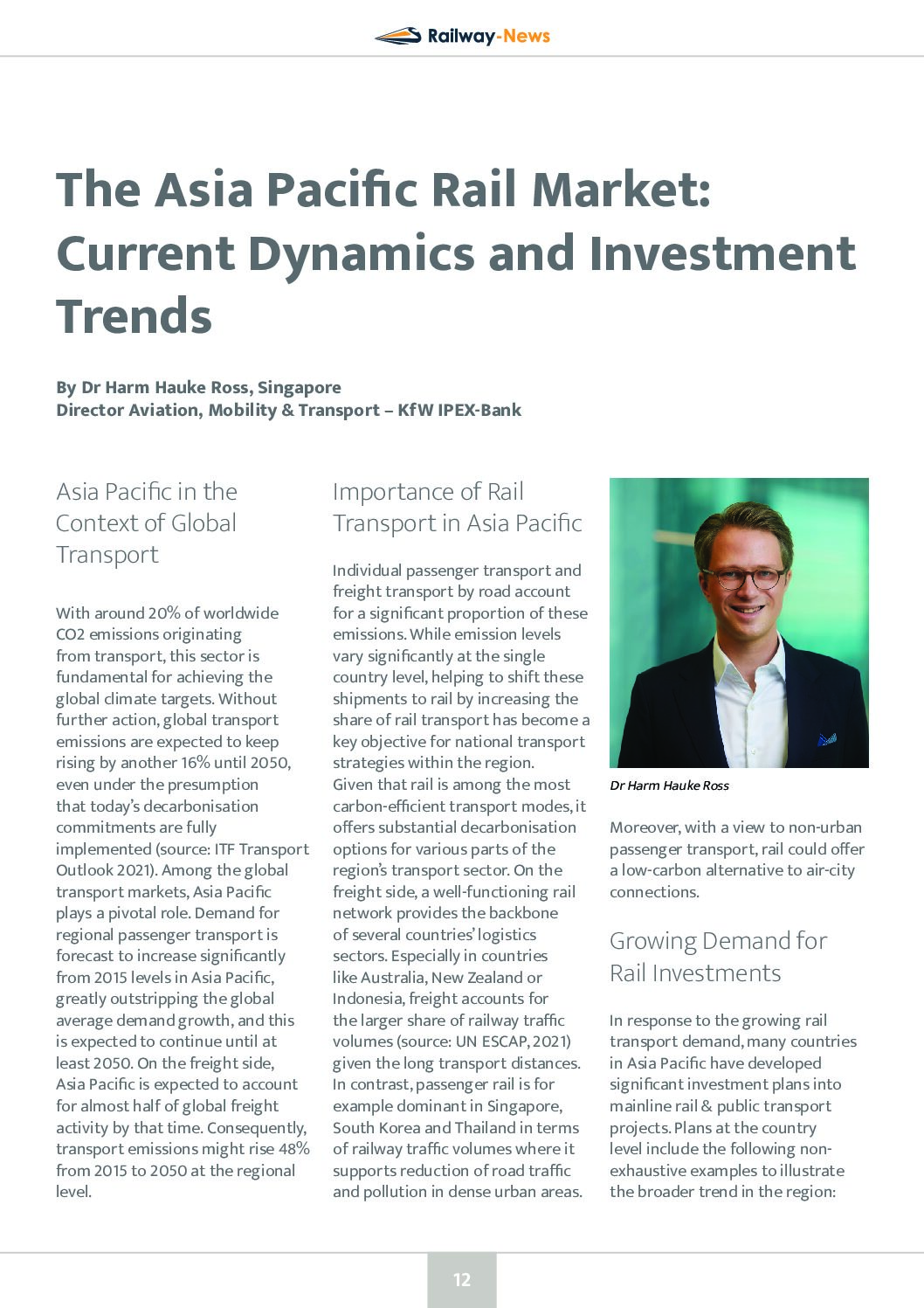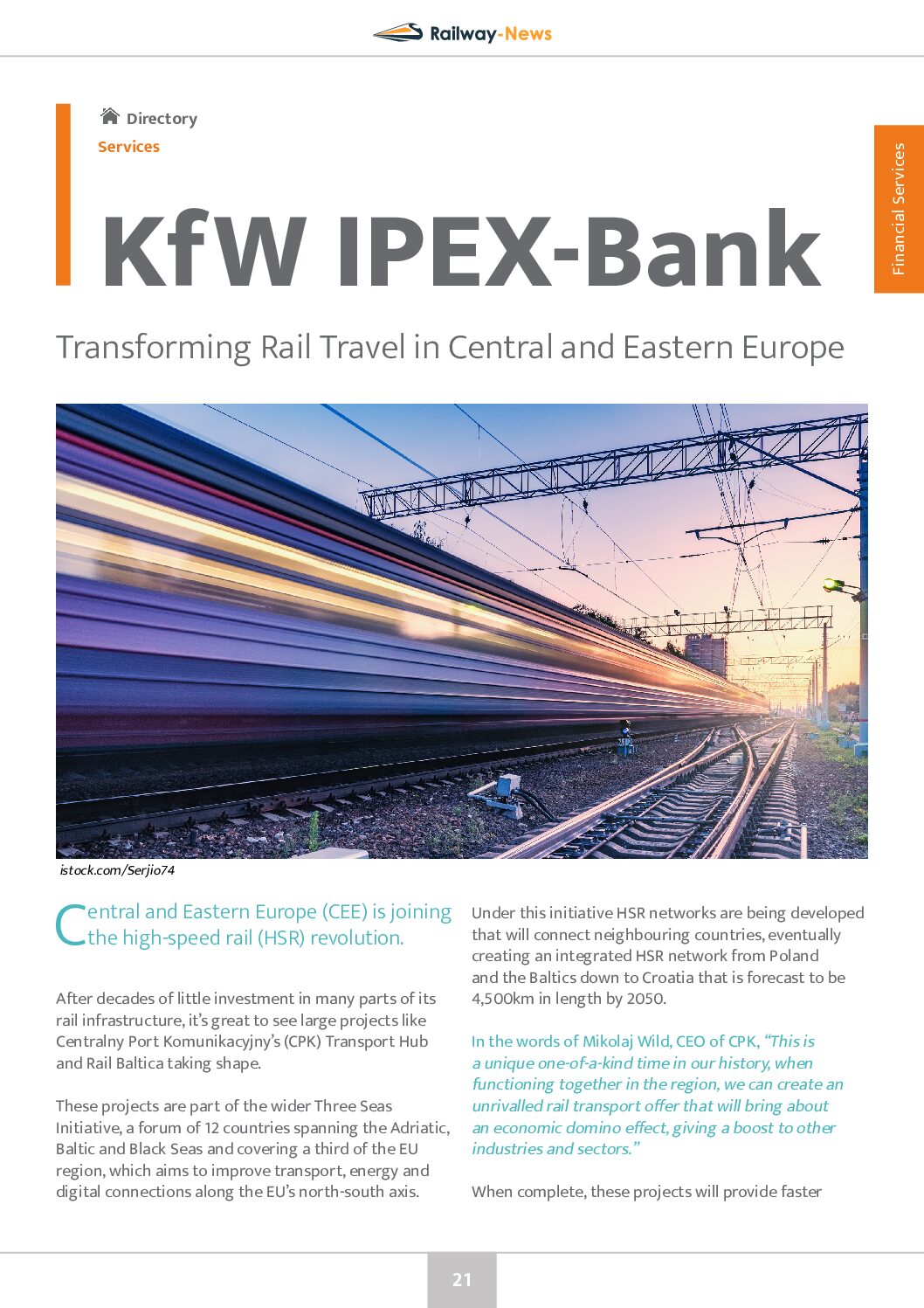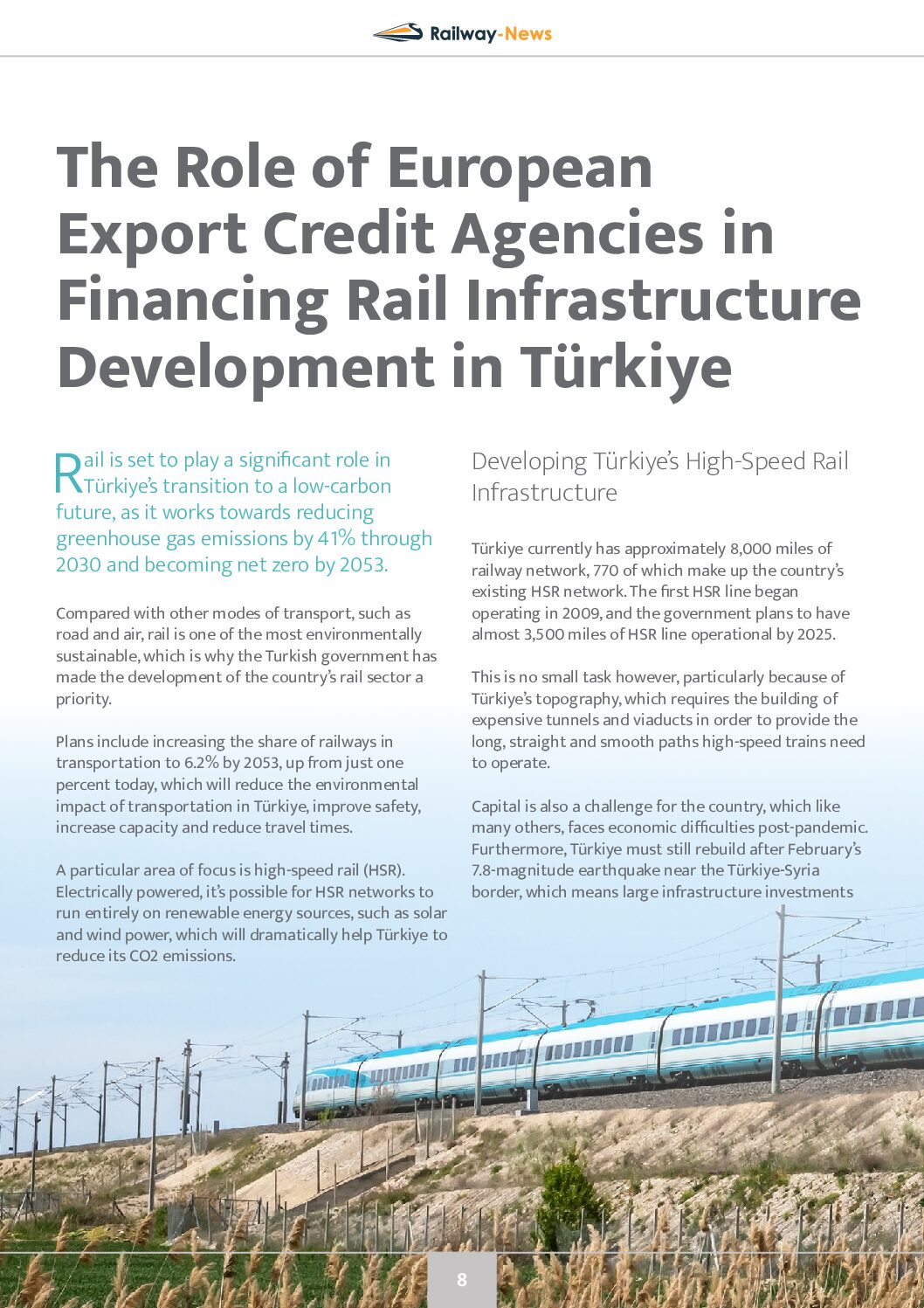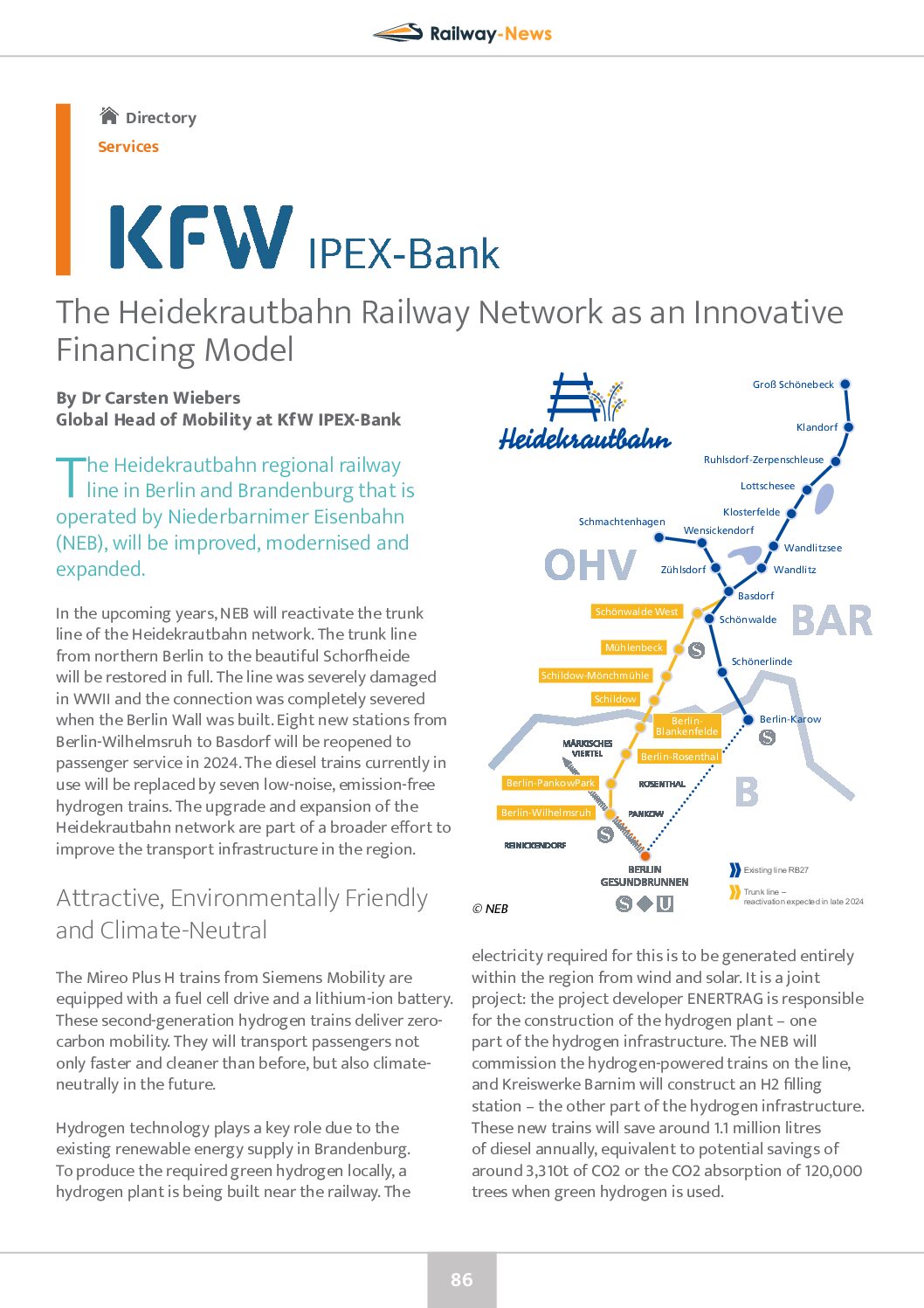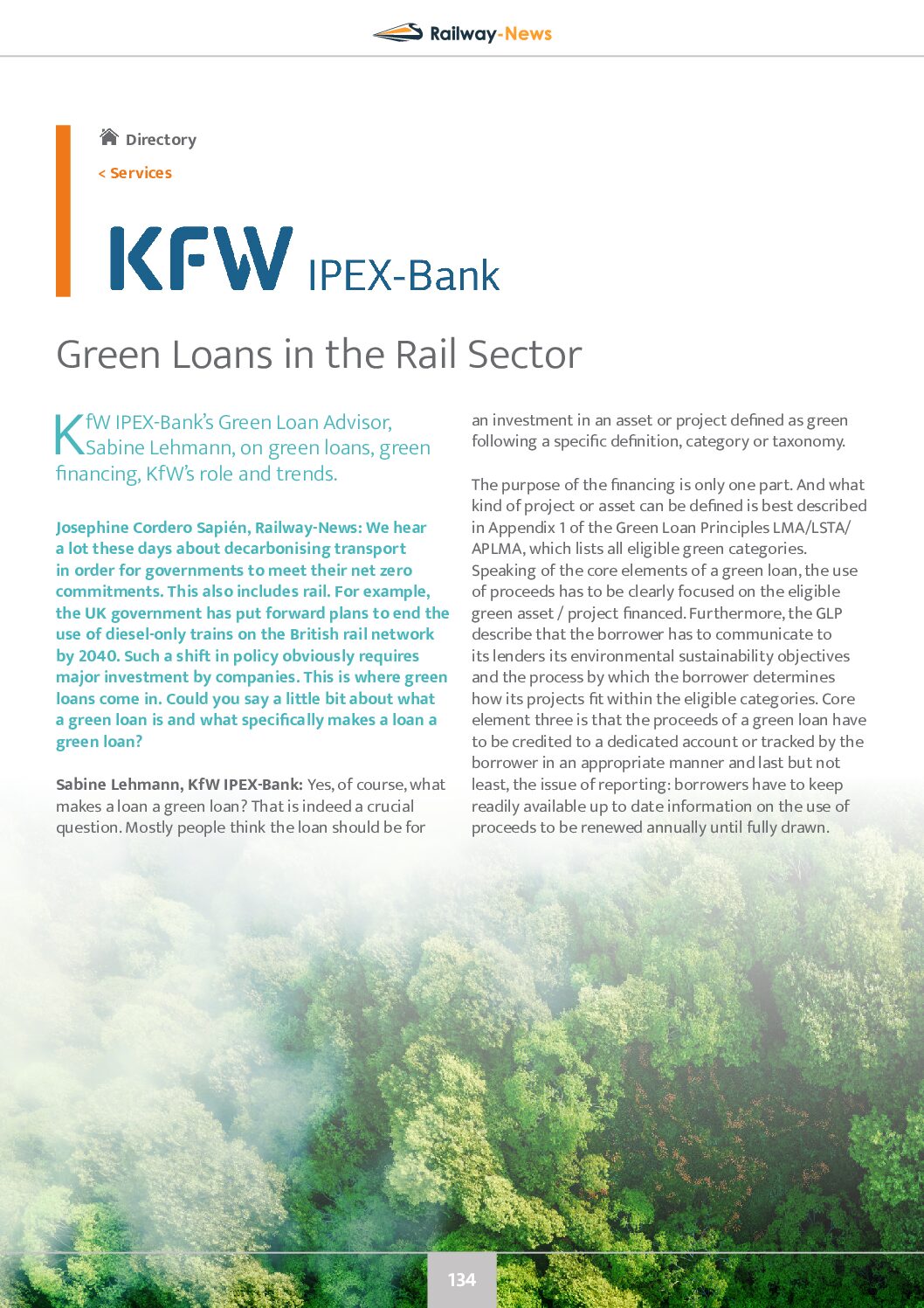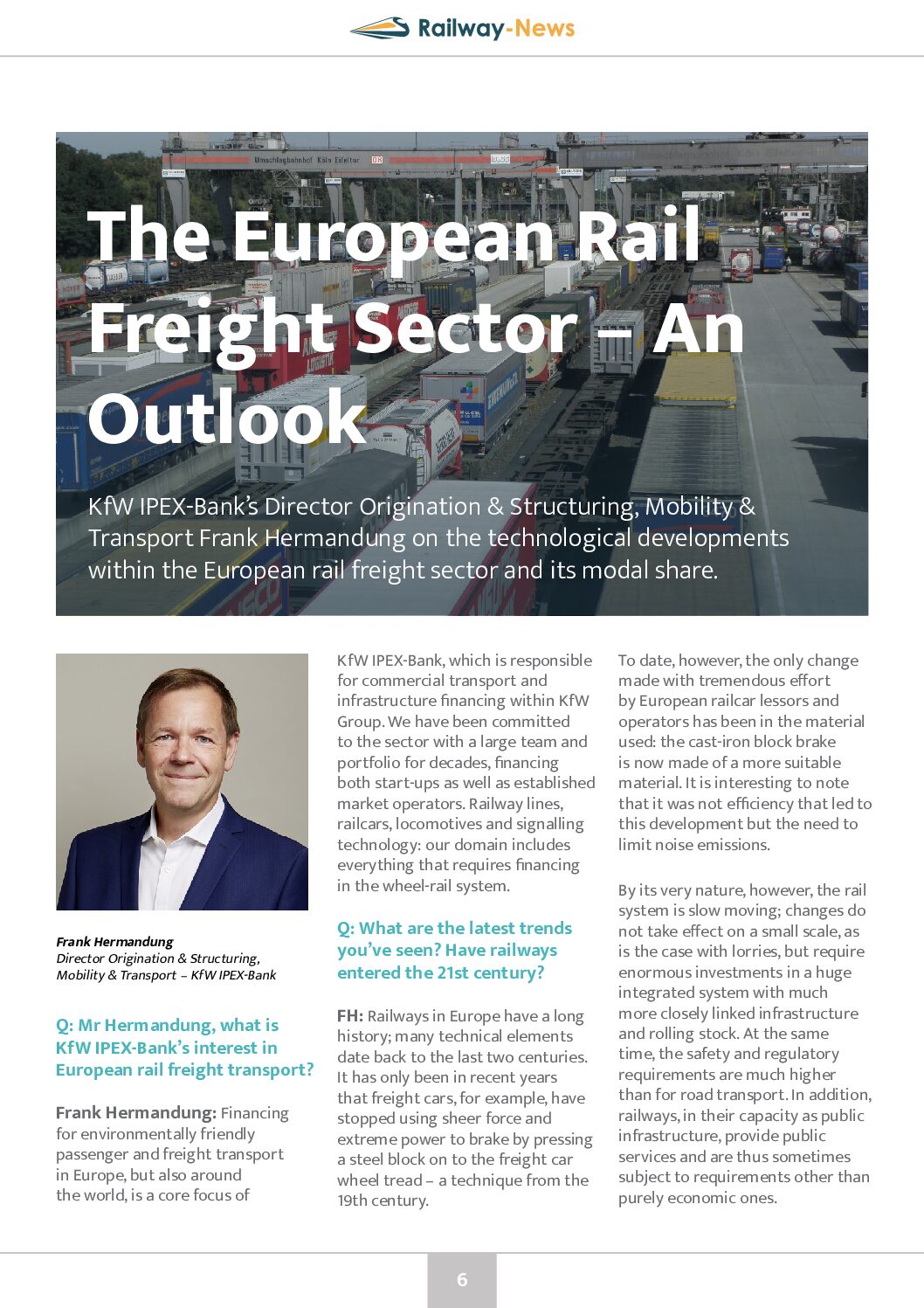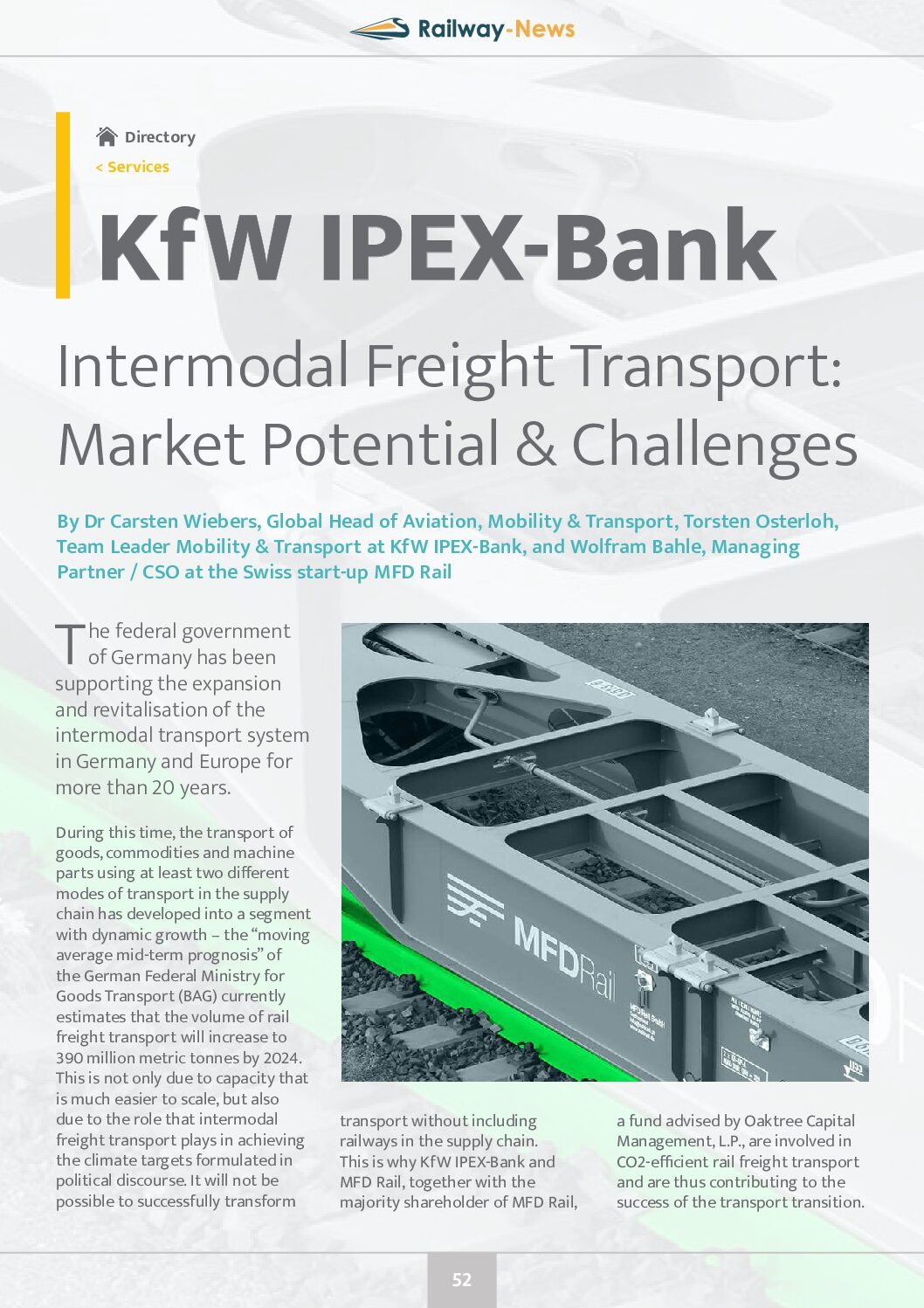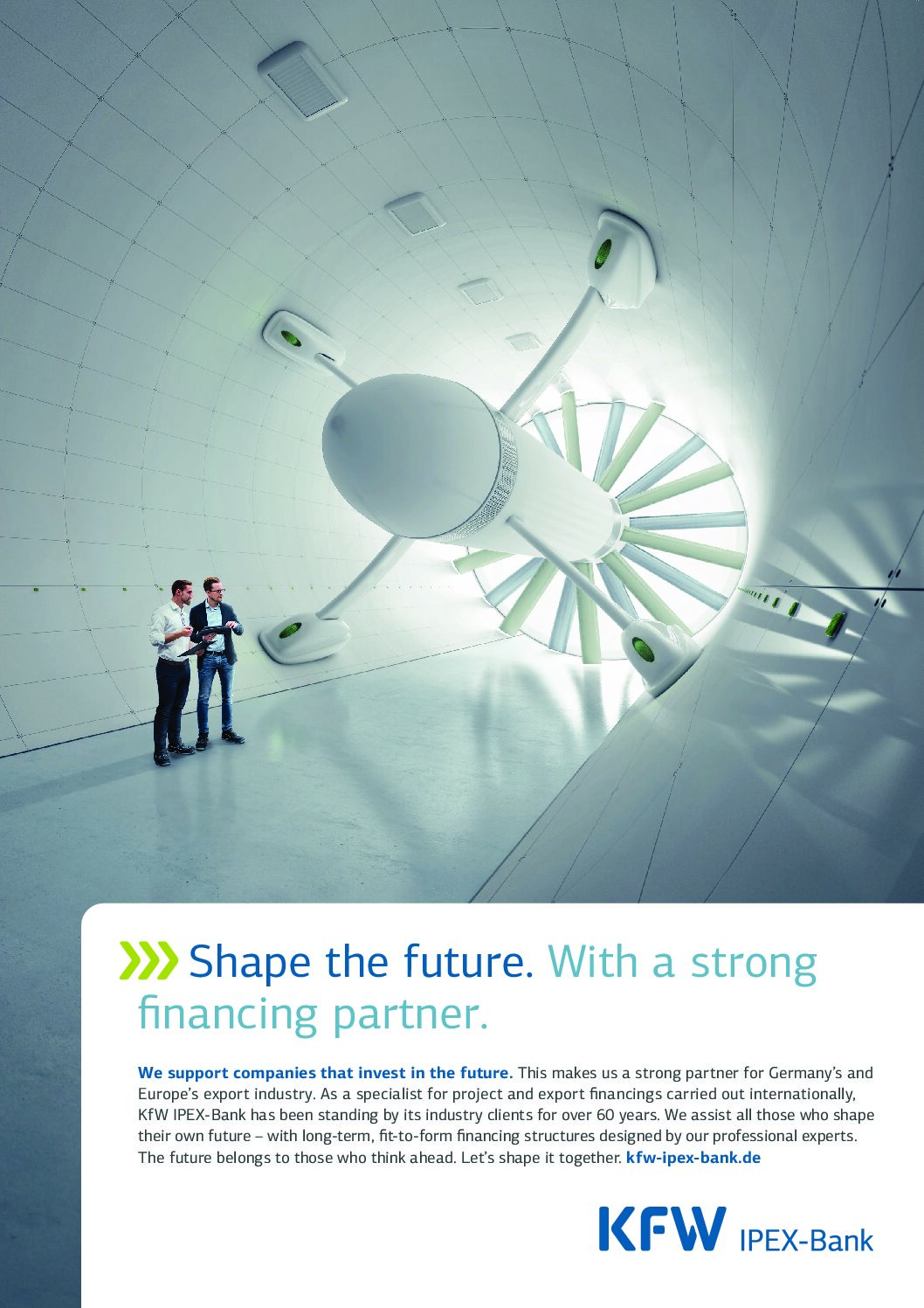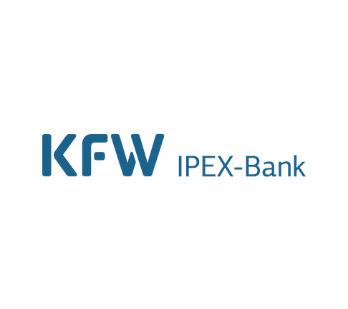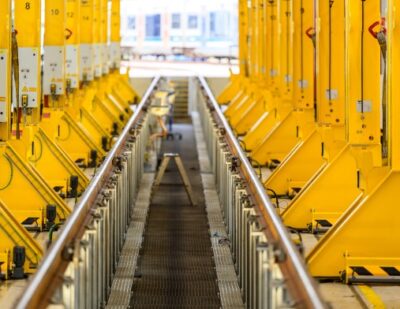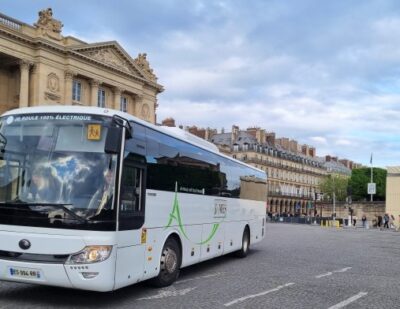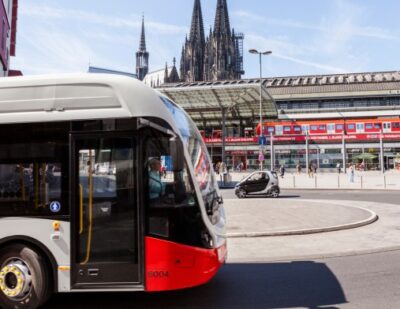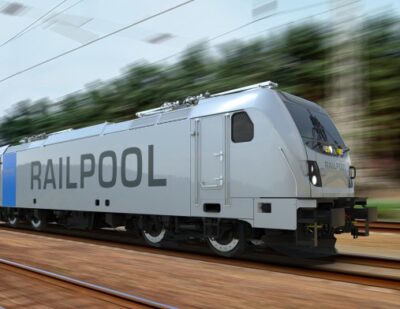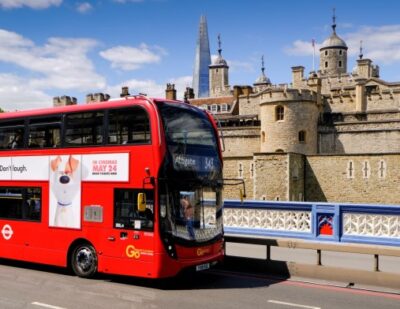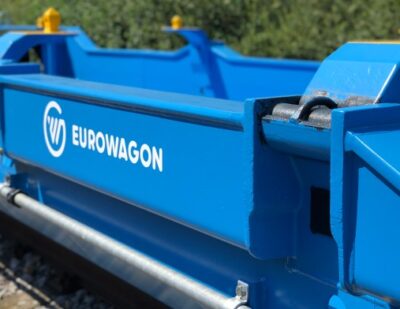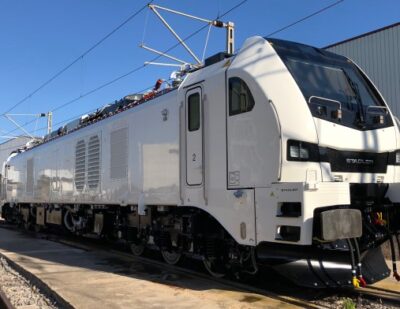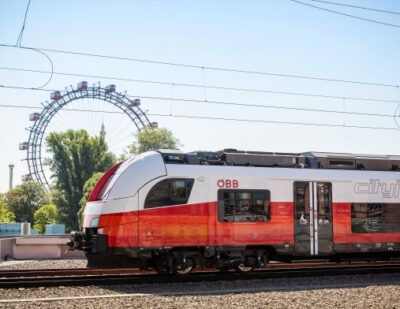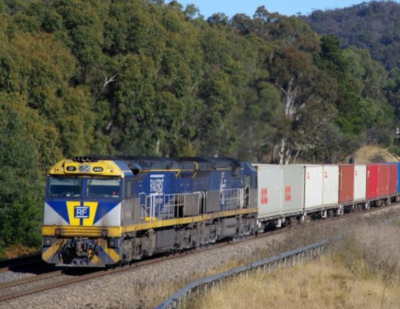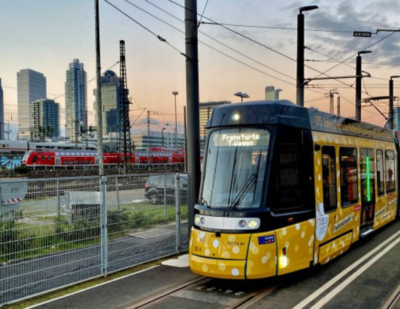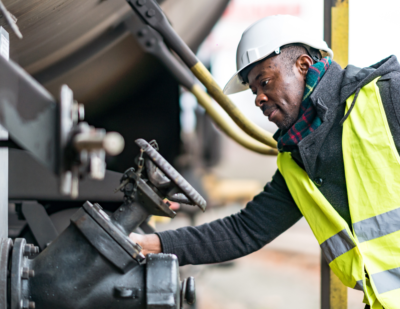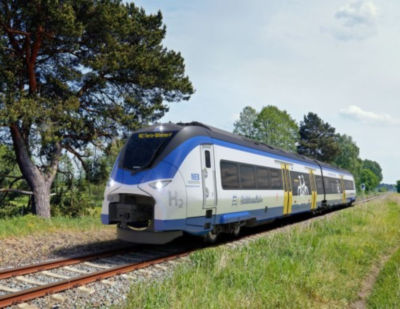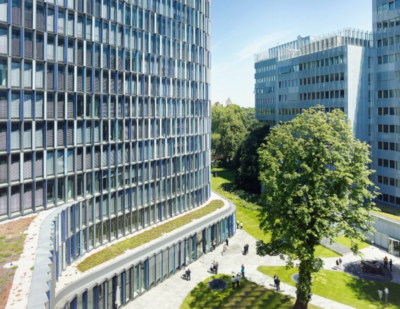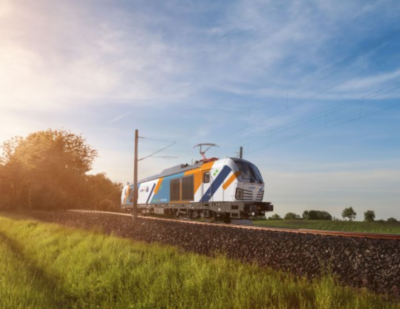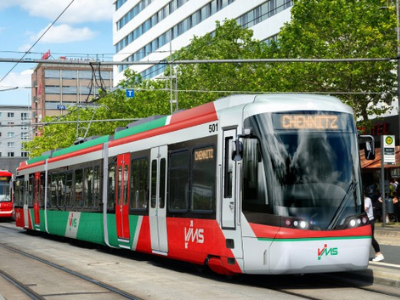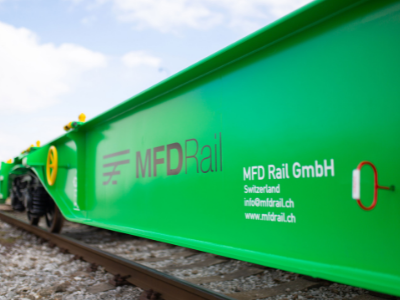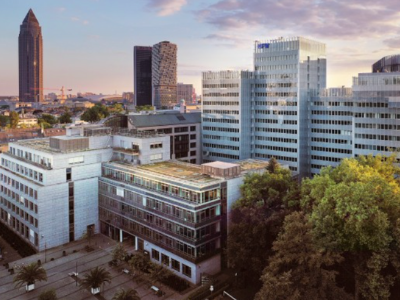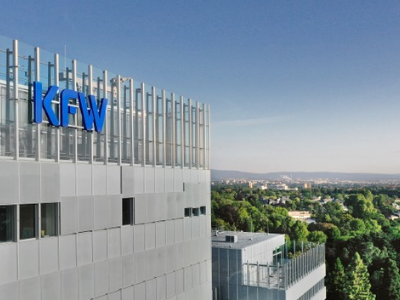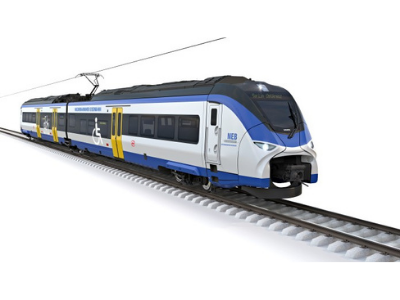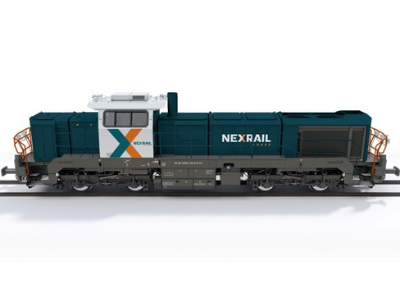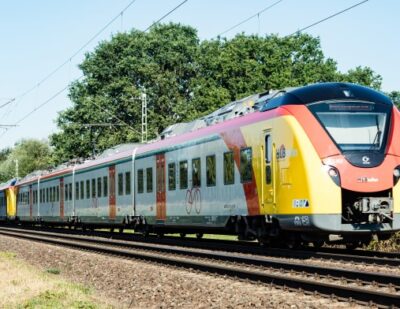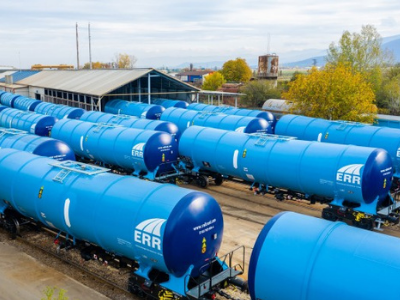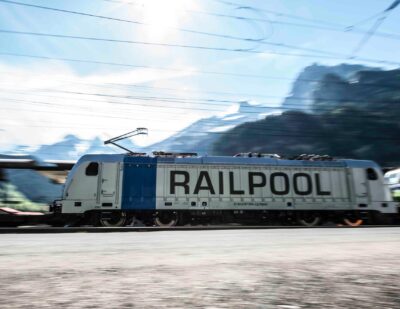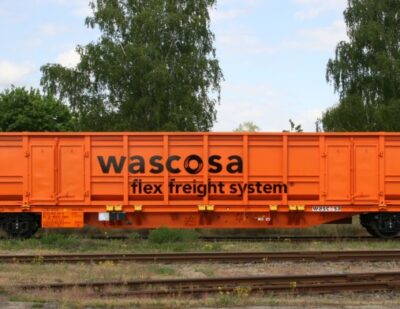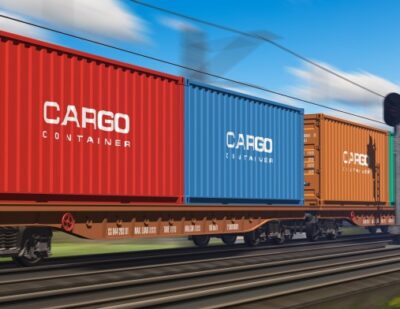KfW IPEX-Bank
The Asia Pacific Rail Market: Current Dynamics and Investment Trends
This article first appeared in the Railway-News magazine, Issue 3 2022.
By Dr Harm Hauke Ross, Singapore Director Aviation, Mobility & Transport – KfW IPEX-Bank
Asia Pacific in the Context of Global Transport
With around 20% of worldwide CO2 emissions originating from transport, this sector is fundamental for achieving the global climate targets. Without further action, global transport emissions are expected to keep rising by another 16% until 2050, even under the presumption that today’s decarbonisation commitments are fully implemented (source: ITF Transport Outlook 2021). Among the global transport markets, Asia Pacific plays a pivotal role. Demand for regional passenger transport is forecast to increase significantly from 2015 levels in Asia Pacific, greatly outstripping the global average demand growth, and this is expected to continue until at least 2050. On the freight side, Asia Pacific is expected to account for almost half of global freight activity by that time. Consequently, transport emissions might rise 48% from 2015 to 2050 at the regional level.
Importance of Rail Transport in Asia Pacific
Individual passenger transport and freight transport by road account for a significant proportion of these emissions. While emission levels vary significantly at the single country level, helping to shift these shipments to rail by increasing the share of rail transport has become a key objective for national transport strategies within the region.
Given that rail is among the most carbon-efficient transport modes, it offers substantial decarbonisation options for various parts of the region’s transport sector. On the freight side, a well-functioning rail network provides the backbone of several countries’ logistics sectors. Especially in countries like Australia, New Zealand or Indonesia, freight accounts for the larger share of railway traffic volumes (source: UN ESCAP, 2021) given the long transport distances. In contrast, passenger rail is for example dominant in Singapore, South Korea and Thailand in terms of railway traffic volumes where it supports reduction of road traffic and pollution in dense urban areas.
Moreover, with a view to non-urban passenger transport, rail could offer a low-carbon alternative to air-city connections.
